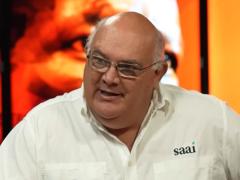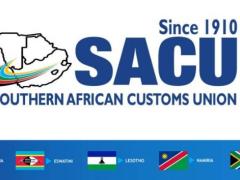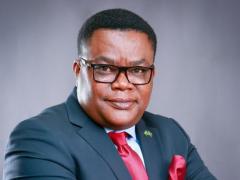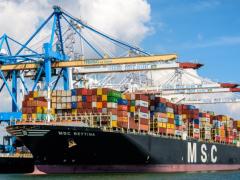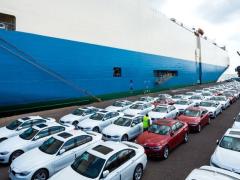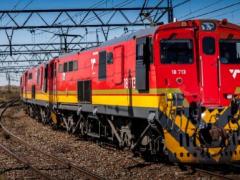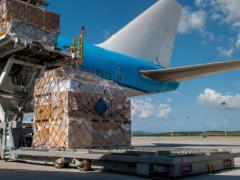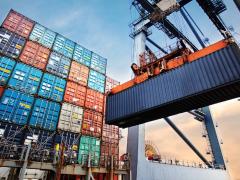Following ongoing power blackouts due to a prolonged drought affecting Zambia’s hydropower plants, the government has opened up the supply to the private sector. Since February 2025 power generators from Zambia and neighbouring countries have been able to log online to request access to the country’s transmission and distribution in “a transparent manner,” according to energy minister Makozo Chikote. This followed the July enactment of the Electricity (Open Access) Regulations, 2024. It opened the way for entities licensed by the Energy Regulation Board (ERB), such as a trader of electricity with a trading capacity of at least 1MW, a supplier of electricity with an installed capacity of at least 1MW, and a system user and consumer of electricity with a consumption capacity of at least 1MW, according to Bowman’s partners Bwalya Chilufya-Musonda and Joshua Mwamulima. Open access is divided into long-term open access (for access for more than five years), medium-term open access (for access for more than three months but less than five years), and short-term open access (for access of less than three months), they state. Speaking at the launch of the online platform, Chikote said the introduction of the electricity open access followed four years of consultation with electricity supply stakeholders with support from the German government through KfW development bank. Private sector investment has followed the open access regulations. The office for promoting private power investment states it is coordinating feasibility studies for a combined capacity in excess of 2 000 MW, with some of the projects currently at the stage of power purchase agreement negotiations. In June 2025, the Sustainable Energy Fund for Africa (Sefa), managed by the African Development Bank, committed $8 million to complete a $26.5 million financing package to support the 32MW Ilute solar project in western Zambia. It is the first project designed to supply electricity via the Southern African Power Pool (SAPP). Power will be sold under a 25-year Power Purchase Agreement (PPA), with GreenCo Power Services acting as an intermediary off-taker, which will then wheel green power to utilities and private sector off- takers via the SAPP. In 2022 the government launched the Zambia Water Investment Programme 2022- 2030, which seeks to involve the private sector in water security and climate resilience investments. The World Bank has approved a $33 million water supply and sanitation services in growth centres programme, which is due to roll out from this month. It is focused on improving water sector accountability and strengthening the operational efficiency of selected water supply and sanitation commercial utilities in Zambia. ER
Drive for improved power and water supply
Comments | 0

